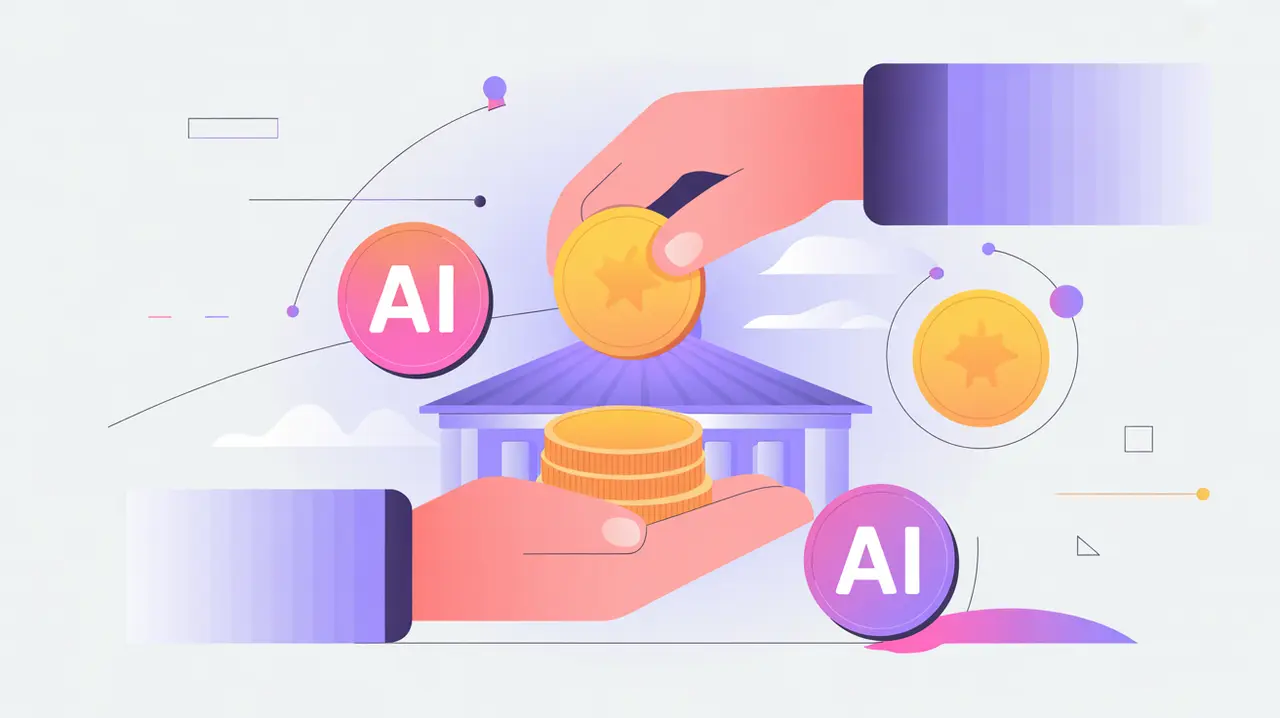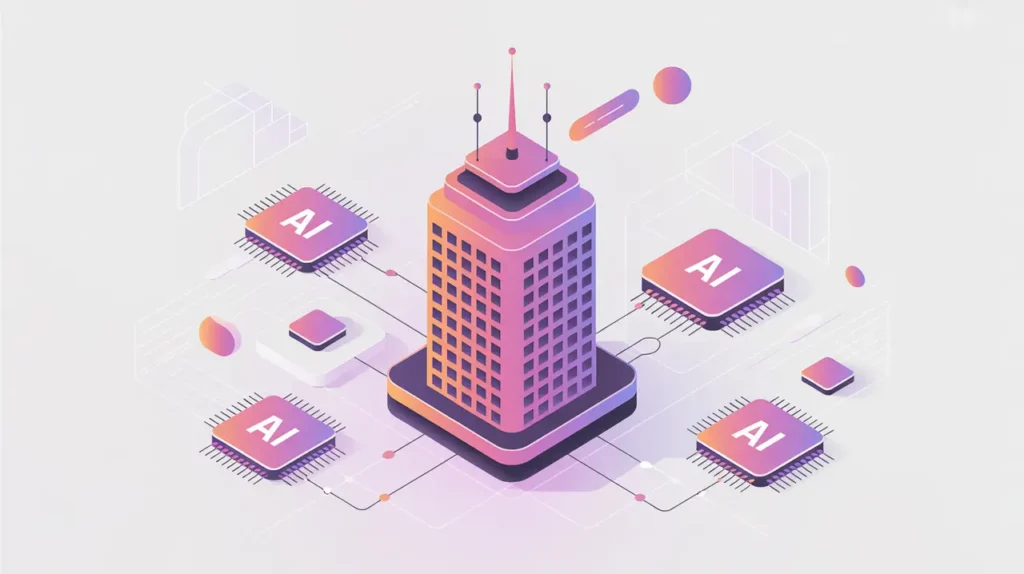Importance of Donors & Philanthropic Foundations in AI Adoption
Donors and philanthropic foundations play a pivotal role in shaping how AI is adopted for social good. By directing financial resources, setting priorities, and convening stakeholders, they influence which technologies are developed, tested, and scaled. Their importance today lies in ensuring that investments in AI align with equity, ethics, and long-term sustainability rather than short-term gains.
For social innovation and international development, donors and foundations matter because they can reduce risk for mission-driven organizations, fund experimentation, and build ecosystems that make responsible AI adoption possible.
Definition and Key Features
Philanthropic foundations and donors differ from commercial investors by prioritizing impact over financial return. In AI contexts, they fund research on responsible use, support pilots of AI-enabled interventions, and advocate for ethical governance. Some foundations have created dedicated funds or initiatives for AI and society, recognizing the transformative potential and risks of the technology.
This is not the same as venture capital, which focuses on scaling profitable startups. Nor is it equivalent to government funding, which may be tied to political or regulatory priorities. Donor and philanthropic roles are uniquely flexible, mission-oriented, and risk-tolerant.
How this Works in Practice
In practice, donors might support an NGO piloting AI-powered education tools in low-resource schools, fund research on algorithmic fairness, or invest in shared digital infrastructure like open datasets. They can also act as conveners, bringing together nonprofits, governments, and private sector actors to align around standards for responsible AI.
Challenges include the risk of setting top-down agendas that don’t reflect local needs, underfunding long-term sustainability beyond pilots, and reinforcing inequities if resources flow primarily to organizations in high-income countries. Donors must balance innovation with humility and community voice.
Implications for Social Innovators
Donors and philanthropic foundations shape outcomes across mission-driven sectors. In health, they fund AI-driven disease surveillance systems. In education, they support adaptive learning platforms and digital literacy programs. In humanitarian contexts, they enable experimentation with crisis-mapping or logistics optimization. Civil society benefits when donors fund advocacy for ethical governance and inclusive policies.
By supporting AI adoption responsibly, donors and foundations catalyze innovation while ensuring that technology development and deployment are grounded in equity, accountability, and community priorities.







